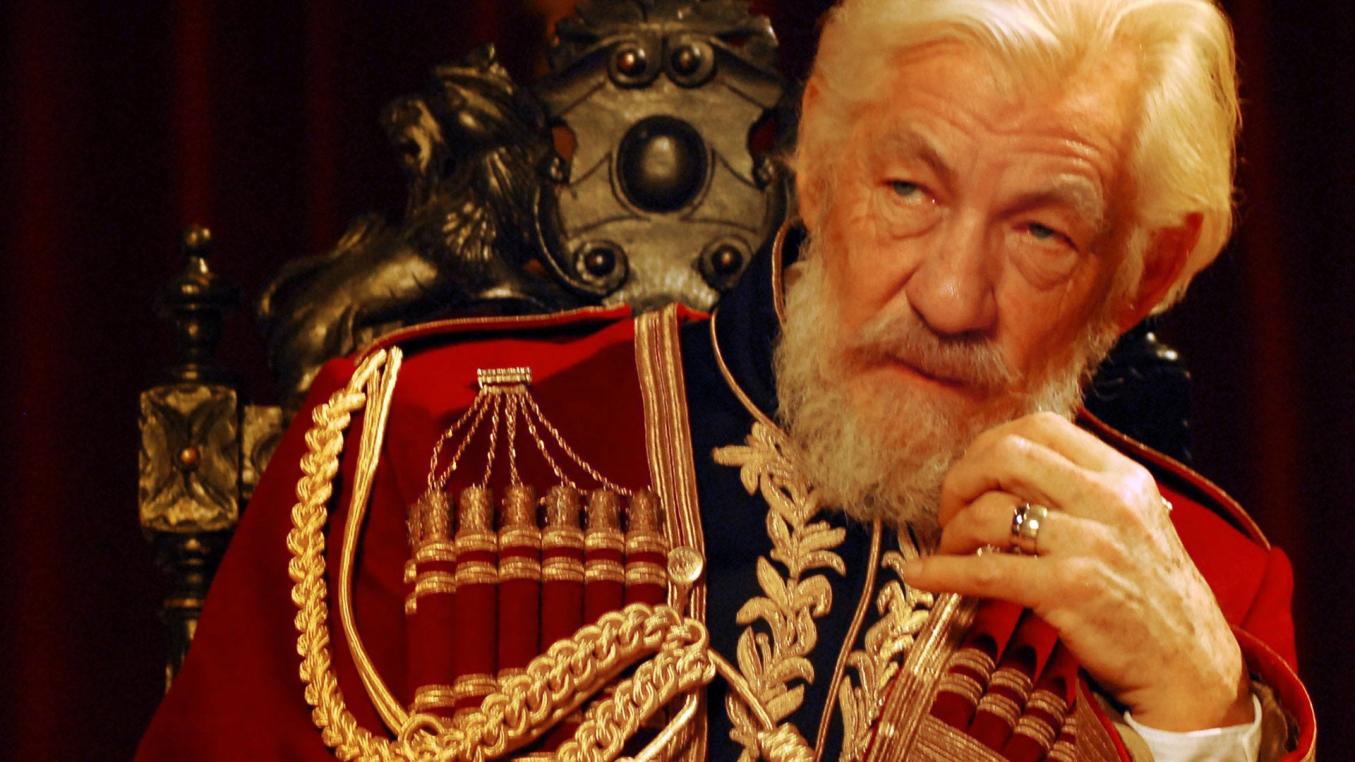What is the Relationship Between King Lear and His Daughters?
In Shakespeare's tragic masterpiece, King Lear, the titular character's relationship with his three daughters, Goneril, Regan, and Cordelia, forms the core of the play's narrative and themes. This article delves into the intricate dynamics between Lear and his daughters, examining their initial bonds, the betrayal and reconciliation that unfolds, and the profound impact it has on Lear's character.

Lear's Initial Perception Of His Daughters:
King Lear initially holds immense love and trust for his daughters. He seeks their approval and affection, believing they will reciprocate his care. This desire for their love drives his decision to divide his kingdom among them, based on their expressions of devotion.
- Lear's love for his daughters is evident in his initial interactions with them.
- He places great value on their words and actions, believing their flattery and outward displays of affection.
Goneril And Regan's Betrayal:
Goneril and Regan, driven by ambition and greed, betray their father's trust. They manipulate and deceive him, seeking power and control over his kingdom. Their actions highlight their hypocrisy and ingratitude towards Lear.
- Goneril and Regan's deceitful nature is revealed through their calculated flattery and false promises.
- They manipulate Lear into banishing Cordelia, demonstrating their willingness to sacrifice their sister for personal gain.
- Their ingratitude is evident in their treatment of Lear after he divides his kingdom, denying him basic comforts and respect.
Cordelia's Unconditional Love:
In contrast to her sisters, Cordelia's love for her father is genuine and unwavering. She refuses to participate in the flattery contest, valuing honesty and integrity above her father's approval. Her unwavering support for Lear, even in the face of adversity, highlights the depth of her love.
- Cordelia's refusal to engage in flattery demonstrates her genuine love for her father.
- She values honesty and integrity, even if it means risking her father's favor.
- Her unwavering support for Lear during his descent into madness showcases her unwavering loyalty.
Lear's Descent Into Madness:

The betrayal by Goneril and Regan triggers Lear's descent into madness. The storm scene serves as a turning point in his mental state, as he rages against the elements and his own folly. The Fool's presence highlights Lear's deteriorating mental state and the futility of his actions.
- Lear's betrayal by his daughters leads to a profound mental breakdown.
- The storm scene symbolizes Lear's inner turmoil and his struggle to comprehend the betrayal.
- The Fool's commentary serves as a mirror, reflecting Lear's folly and the absurdity of his actions.
Lear's Reconciliation With Cordelia:
After his period of madness, Lear reunites with Cordelia in a deeply emotional scene. Their reconciliation signifies Lear's redemption and newfound understanding of true love and loyalty. However, their tragic end underscores the enduring consequences of Lear's actions and the fragility of human relationships.
- The reunion between Lear and Cordelia is a powerful moment of redemption and reconciliation.
- Lear's newfound understanding of true love and loyalty is evident in his interactions with Cordelia.
- The tragic end of their relationship highlights the enduring consequences of Lear's actions and the fragility of human bonds.

King Lear's relationship with his daughters is a complex and tragic exploration of love, loyalty, betrayal, and redemption. The play delves into the depths of human nature, showcasing the devastating impact of deceit and the transformative power of genuine love. Lear's journey serves as a cautionary tale about the dangers of pride, the importance of honesty, and the enduring value of true relationships.
The themes explored in King Lear continue to resonate with audiences today, making it a timeless classic that offers profound insights into the human condition.
YesNo

Leave a Reply